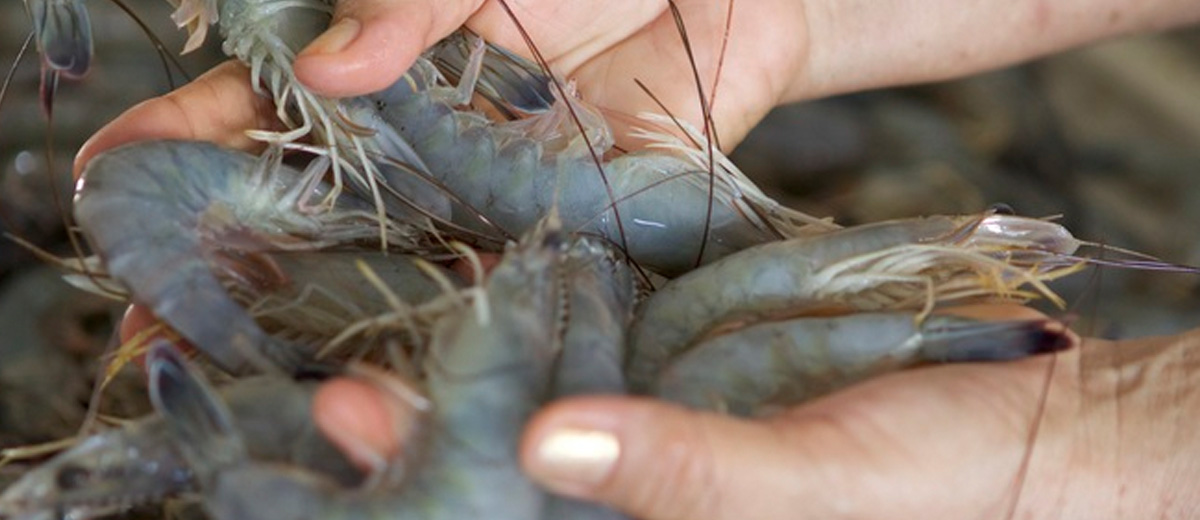Whether you’re ordering shrimp for your menu or off a menu, there’s a couple questions that are probably always going through your head: Farmed vs wild? Fresh vs frozen?
But there’s another question you should be asking, if you aren’t already.
“Is it sustainable?”
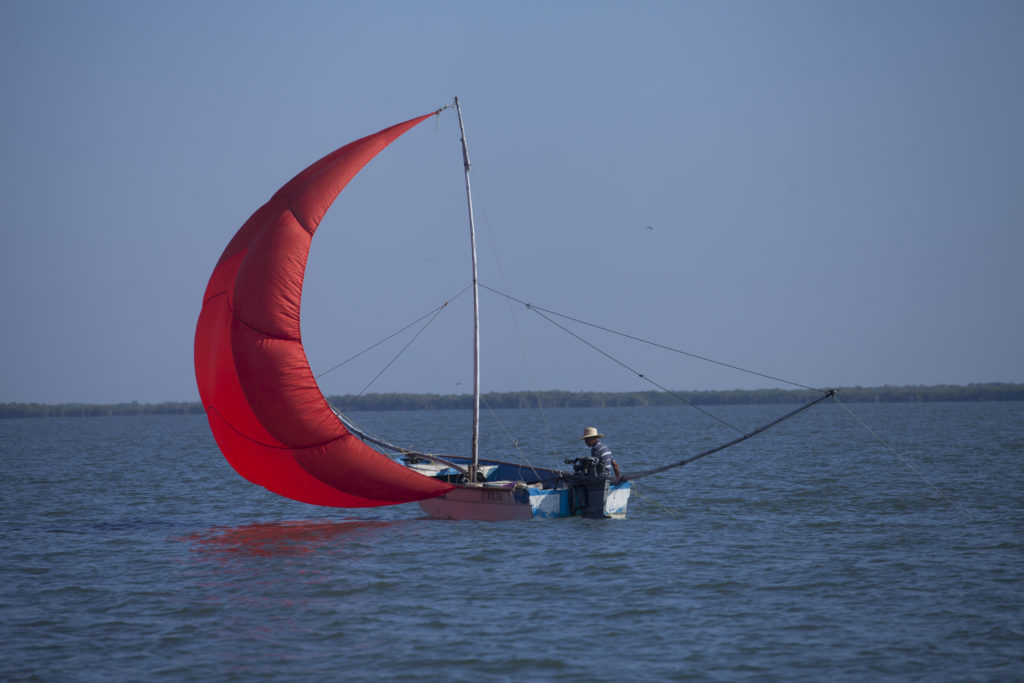
Despite the fact that “sustainable” seafood comprises a growing portion of the global $11.5 billion seafood industry, it’s still estimated that 88% of fish stocks worldwide are either fully-exploited or overexploited.
“We entered the industry first because we love the ocean,” says Sergio Castro, founder of Del Pacifico Seafoods. “We always try to live and work by the ocean.”
Del Pacifico Seafoods, is, to date, the only company in the world producing fair-trade certified shrimp. The company subjected themselves to the rigorous and expensive process of obtaining that certification because they wanted to honor their commitment to being sustainable in more than name only.
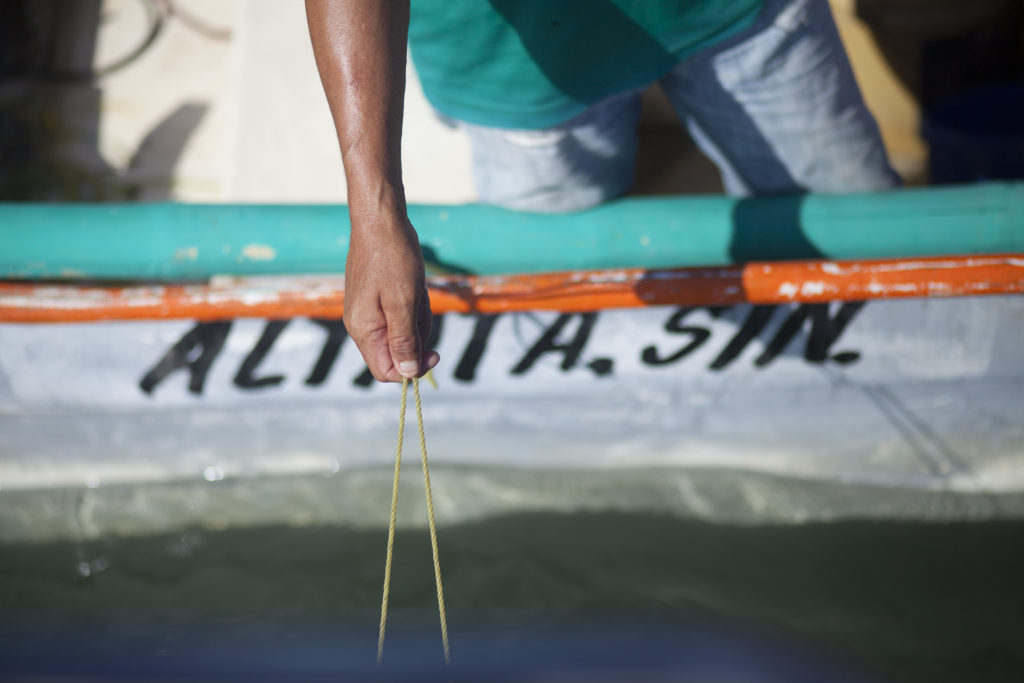
Just off the eastern coast of the Gulf of California, fishers from six local towns and villages head out every morning into the neighboring Altata and Santa Maria bays where they ply their trade. The villages are steeped in a sense of community. Everything is local. As the men leave daily to bring in a new haul of shrimp, the women get to work sewing sails and weaving nets. There’s not a lot of wealth there, but Castro is committed to taking care of his employees. The fair trade certification goes beyond sustainability. It sets standards for workers wages, hours, and benefits. It’s not cheap. But it’s important to Castro.
“We want to promote fisheries that work the right way.”
The fishers don’t use heavy trawlers that would upset the ecosystem of their small community. They spend their time fishing out of small, agile “Pangas,” powered only by the wind and the tide. One of the village, La Reforma is actually home to one of Mexico’s largest Panga manufacturers. The locals have been perfecting their craft for hundreds of years. Their technique, involving the use of a net called a “suripera,” has the lowest bycatch and fuel consumption per pound in the world.
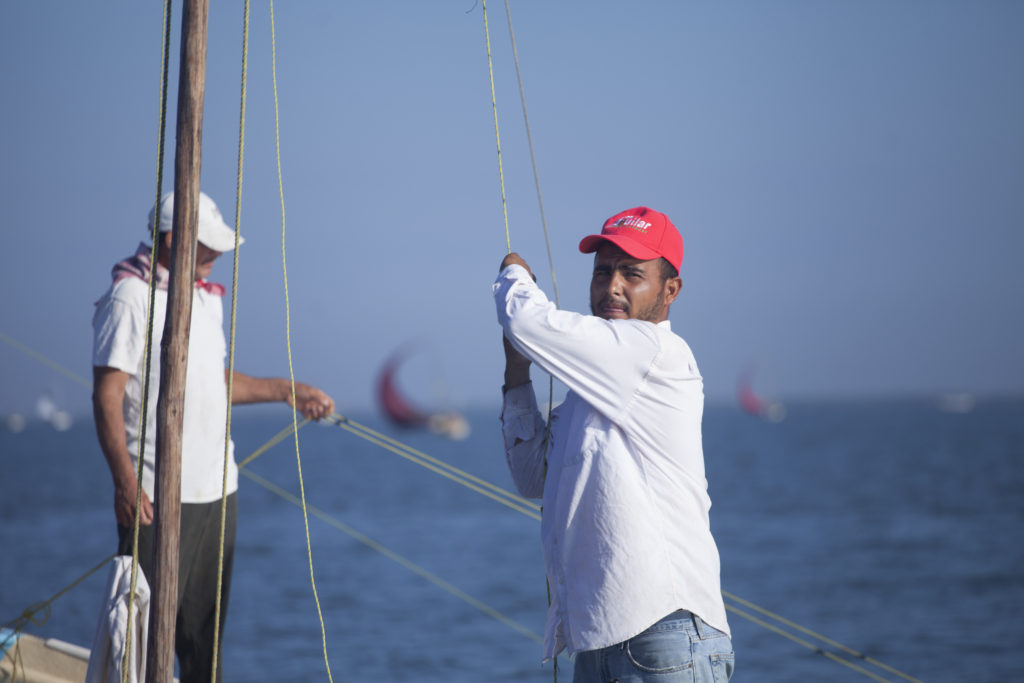
Ashley Apel works for Fair Trade USA, the organization that gave Del Pacifico its certification. Though they’ve been certifying food and clothing for two decades, they only began to certify seafood in 2014. “Since so much shrimp is either farmed or comes from large, industrial fleets, there aren’t many shrimp operations that fall into the program’s current scope,” she says.
The certification guarantees that a premium from all purchases is returned directly to the fishers themselves.
“30% of the premium must be spent on environmental conservation projects,” says Apel. “But the other 70% can be spent as the fishermen and community see fit. Last year, Fair Trade shrimp fishermen earned an estimated $24,000 in Fair Trade premium on top of the price paid for their harvest. In multiple fishing villages participating in the certification, a significant portion of the funds was invested in community-based enforcement programs to decrease illegal fishing. Funds also went toward improving fishing infrastructure, (gear materials, spare parts for motors) and improvements for their landing/reception sites. In the town of Altata, the cooperatives also used premium funds to purchase air conditioning for the local junior high school.”
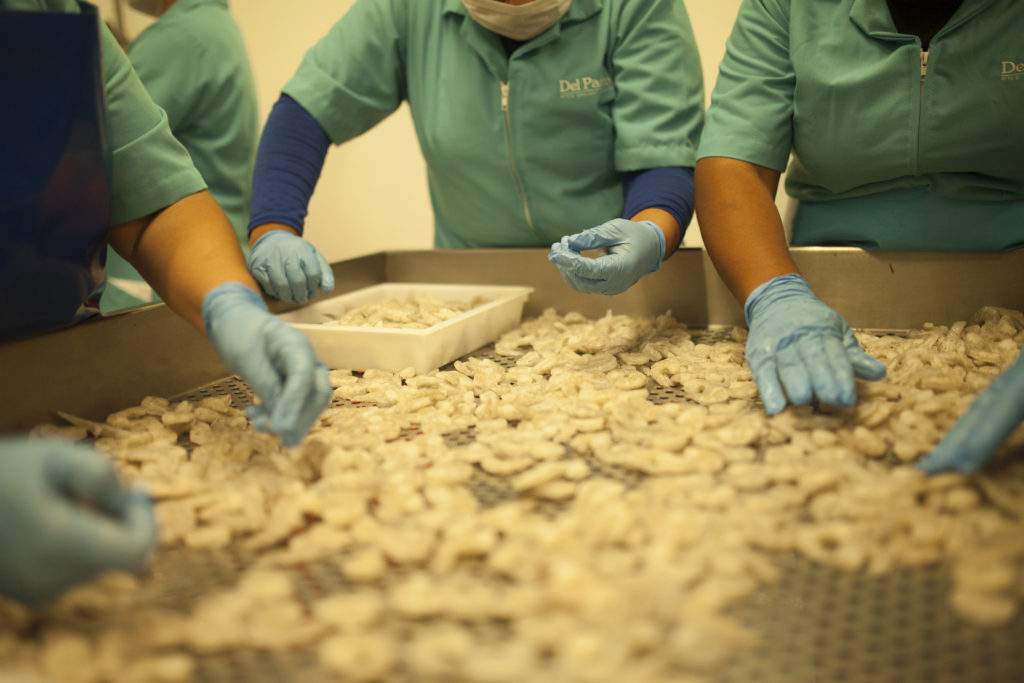
Because of the size and range of the boats, the shrimp end up delivered to the onshore processing plant within hours of catch. There they’re once-frozen in a state-of-the-art facility and loaded onto trucks to make the 12-hour drive into the US, where the product is then shipped throughout the country. Del Pacifico recently expanded their distribution to the East Coast. Now, diners from Miami to Maine can taste the world’s only fair-trade shrimp.
Castro says sustainability is about more than just what’s on your plate now. It’s about what’s going to be able to be on your plate 10 years from now. And it’s about the people who are responsible for getting it there.
Any time you buy a product like Del Pacifico’s, you’re not only getting one of the most quality offerings on the market, you’re also supporting the fishers, their families, their community, and the water.
To see how one chef uses Del Pacifico’s product in his kitchen, check out this video, featuring William Eick from Oceanside, CA’s 608. And be sure to subscribe to Chef’s Roll on Youtube or download our app to get all the latest video content.

